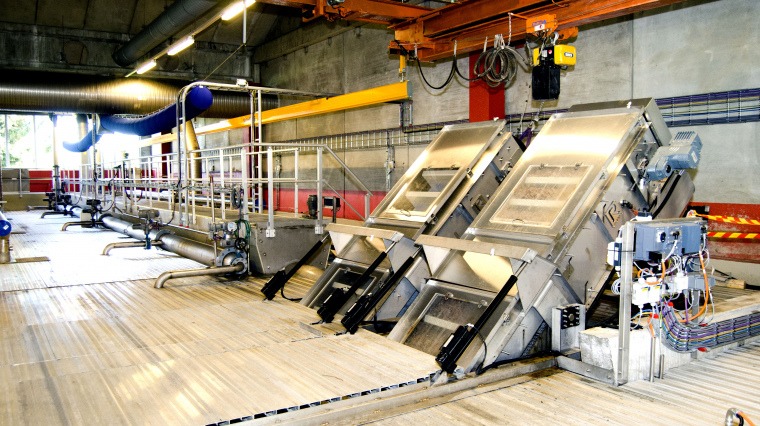The Nordic Investment Bank (NIB) has agreed to provide a 30-year framework loan of NOK270m (€27.7m), to the Norwegian inter-municipality company Hias IKS, for improving drinking waste and wastewater infrastructure.

Image: NIB to support Norwegian municipality company in upgrading water treatment. Photo: Courtesy of Nordic Investment Bank.
The loan from NIB will support the municipality company in replacing the outdated drinking water plant in Hamar, built in 1954. The plant’s construction is expected to begin this year and will be completed by the end of 2021. The project is expected to improve water quality, increase capacity and renew connecting pipelines and pumping stations.
The municipality firm Hias IKS will also build a biological phosphorus removal process based on biofilm carriers for its wastewater treatment plant in Ottestad. The move will replace a chemical treatment step at the plant. Construction on the project will begin this year and will be completed by the end of 2021.
Upgrading the Hias wastewater treatment plant will increase the treatment capacity, improve the recovery of phosphorous from the wastewater treatment sludge.
Hias IKS is an inter-municipality and is the plant owner and service provider of water and drainage in the owning municipalities of Hamar (52%), Stange (21%), Ringsaker (20%) and Løten (7%) in southern Norway.
The company owns and operates the water treatment facilities in Hamar and Stange and the wastewater treatment plant in Ottestad, about 70km of transfer line, ten pumping stations, six altitude pools and six measuring stations. The company employs about 55 people.
In January, NIB signed an agreement with Vestfjorden Avløpsselskap (VEAS) to provide 15-year loan of NOK685.5m (€70m) to support the company’s investment programme in replacing outdated infrastructure at its wastewater treatment plant in south of Oslo, Norway.
Inlet tunnels, process halls, de-nitrification processes, and sludge treatment will be refurbished to improve the nitrogen removal, enhance the sludge management, and increase the biogas production.
The project will be completed in 2021 and will support VEAS in treating wastewater for another 15 to 25 years. The project will also have the scope to capture biogas that will be used as vehicle fuel.
